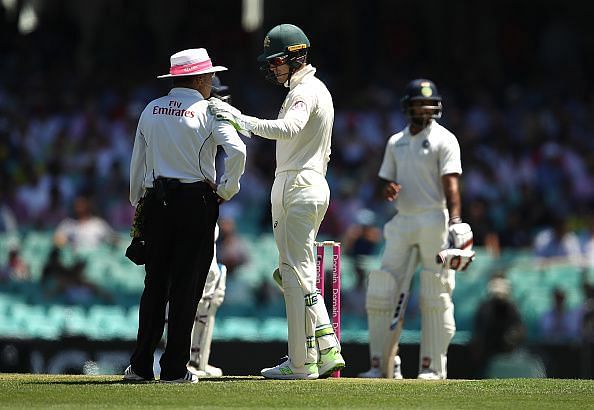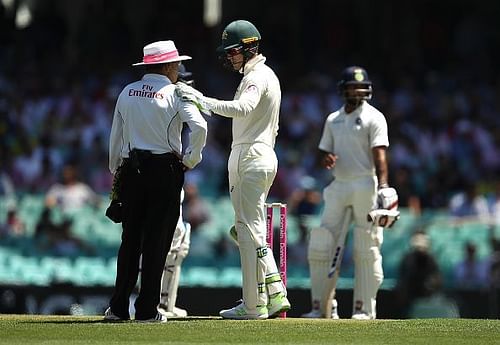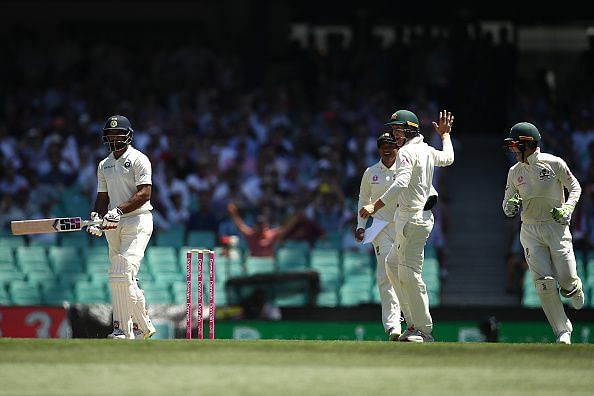
3 Instances when the usage of DRS went horribly wrong

The Decision Review System (DRS) has been one of the most divisive innovations in cricket’s chequered history. Having enjoyed a trial run in the India vs Sri Lanka series in 2008, the system was officially given the nod the next year when New Zealand locked horns with Pakistan.
Ever since its introduction, there have been several occasions where said system has either not arrived at the right decision or has courted controversy with regards to its usage.
Today, we are concerned with the former as the contentious decision to send Daryl Mitchell packing in the second T20I of the ongoing India-New Zealand series again ignited an already raging debate.
After being struck on the pad, Mitchell opted for the review on consultation with his partner. Replays showed a clear mark on ‘Hot Spot’ yet the original decision of ‘out’ was upheld due to a ‘lack of evidence’.
The fact that ‘Snicko’ didn’t display a spike also contributed to the umpire finalising his decision.
Thus, nearly a decade after its debut, the jury is still out on the suitability of the DRS and the baggage of inevitable errors that comes along with it.
Hence, the time is right to take a trip down memory lane and re-live some other dubious decisions the DRS has come up with in the past decade.
Here is a look at a few of them:
#3. Hanuma Vihari (Australia vs India, 4th Test at Sydney, 2019)

The incident happened as recently as a month ago when India and Australia were embroiled in a tightly-contested series.
On the second day of play at the SCG, Hanuma Vihari appeared to offer a simple catch to Marnus Labuschagne at short-leg off Nathan Lyon’s bowling. The on-field umpire, Ian Gould thought so too and ruled in favour of the bowler.
Vihari though, felt that neither he nor his gloves had made contact with the ball before it lobbed to the fielder. Thus, he immediately signalled for a review.
On inspection, it was found that there was indeed a spike on ‘Snicko’ and Marais Erasmus upheld the decision. Yet, on further introspection, it was found that the spike had come after the ball had passed the bat.
Commentators who were on-air too found it difficult to justify the third umpire’s decision but it was too late to overturn the decision.
The officiating in the above instance left a lot to be desired and definitely makes the cut for being one of ‘those’ DRS howlers.